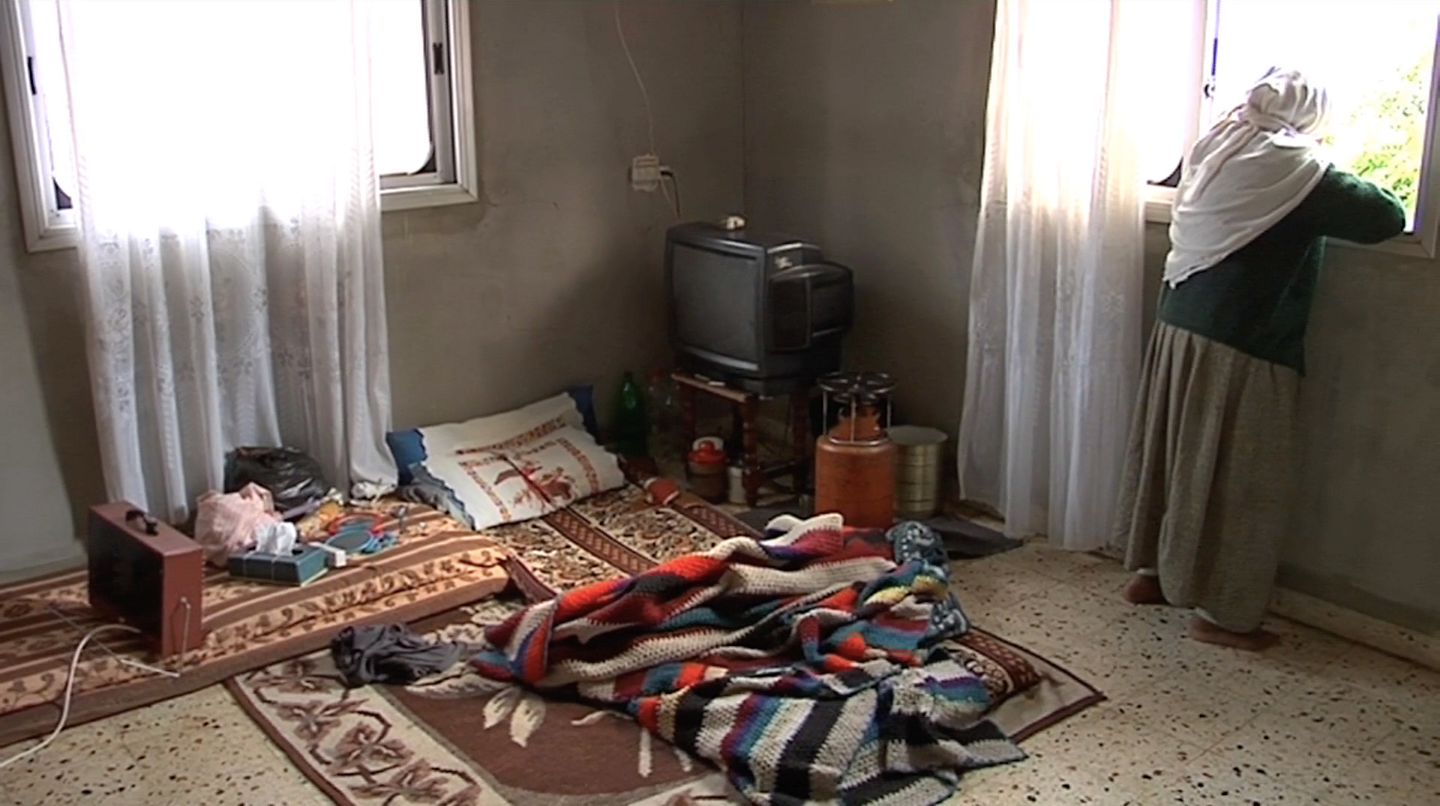Biennales are often arenas for monumental spectacles – big canvases, flashy sculptures, frenetic installations. With over 60 biennales and triennales taking place globally, it can sometimes seem that the world has become one vast art market as cities around the world compete to stage ever more elaborate exhibits to lure the international art world. But as the locations become more varied, it can also seem as though the artwork and curatorial approaches increasingly represent the homogenisation of art – a flattening of cultural diversity under the dictatorship of the international art market. It is not easy to stand out in this increasingly crowded calendar; and the conditions of cultural production under occupation make it hard to justify taking an extravagant curatorial approach to the Second Riwaq Biennale, which will be held in various venues throughout Palestine from October 21-24, 2007. As a result, Riwaq has taken the decision to offer visitors a quieter register through which to view the contemporary cultural landscape of Palestine. In a radical shake-up of the biennale concept, the Riwaq Biennale will not consist of any large-scale, central exhibitions. Instead, it will offer a series of curated conversations and interactions between Palestinian and international artists, architects, Planners, conservationists, curators, and theorists. Through this deliberate omission, the Riwaq curatorial team aims to provide an alternative vision to challenge the perceptions and expectations of what a biennale can be. Stemming from Riwaq's central aim of protecting and promoting cultural heritage in Palestine, this version of a biennale will be centred on a three-day symposium at Birzeit University on October 22-24. Developed in partnership with staff and students at Birzeit University as well as with the Hebron Rehabilitation Committee, the Centre for Cultural Heritage Preservation, the UNDP, Ferrara University, Stanford University, and UNESCO, the symposium aims to create contacts and networking opportunities between Palestinian and international artists, leading to a series of related workshops, exhibitions, projects, and gatherings to be organised throughout Palestine during 2007 and 2008. This will be preceded by the Second Riwaq Biennale Gatherings - a series of visits to various cities and villages in order to observe Riwaq's work as well as other significant cultural initiatives. Curated by Charles Esche and organised in partnership with the International Academy of Art, these gatherings will also offer ways to implement future projects and move forward into a sustained two-year biennale – one which doesn't just happen every two years but takes two years to evolve, with a two-year exploration period for artists and theorists to develop their ideas for the Third Riwaq Biennale in 2009. To show how such collaborations might work, Ikon, in collaboration with ArtSchool Palestine, will present On Kawara's Pure Consciousness, at Dar Al-Kalima College, Bethlehem. In this ongoing series that consists of seven "date paintings," the work will be installed in kindergartens, as part of the furniture of classrooms for young children, located on walls that are often filled with teaching aids, especially for elementary spelling, numbers, and drawings. Simply coexisting with the pupils and teachers, the work will be virtually inaccessible to anyone else. The title refers to the directness with which children of kindergarten age apprehend the vast range of new phenomena that they encounter. The novelty of experience means that their consciousness is not skewed by too many memories of similar experience or habituation. The possibility of this state being retrievable in later life is suggested by On Kawara not only in the uncompromising here-and-now of each painting but also in his repetitious practice. Like a mantra, it encourages concentration on a simple act toward a oneness with the world. By focusing on the here and now - the process rather than end product - the Riwaq Biennale questions the role of art and artist in relation to their communities and to the wider international artistic community. By taking a more thoughtful approach to biennale culture, Riwaq has created an opportunity not only to investigate the trappings of our visual and cultural codes but also to look at ways to reconnect isolated and walled Palestine to the international art world. The participants' journeys to and through Palestinian territory become an important part of the overall concept, confronting visitors with the issues of social and territorial fragmentation caused by successive Israeli occupations, including the restrictions placed on movement, travel, and international networking within the occupied territories. By making the idea of the journey central to the Riwaq Biennale, we hope to offer visitors an alternative set of co-ordinates with which to plot their journeys through the globalised art world. Khalil Rabah Director, Riwaq Biennale
